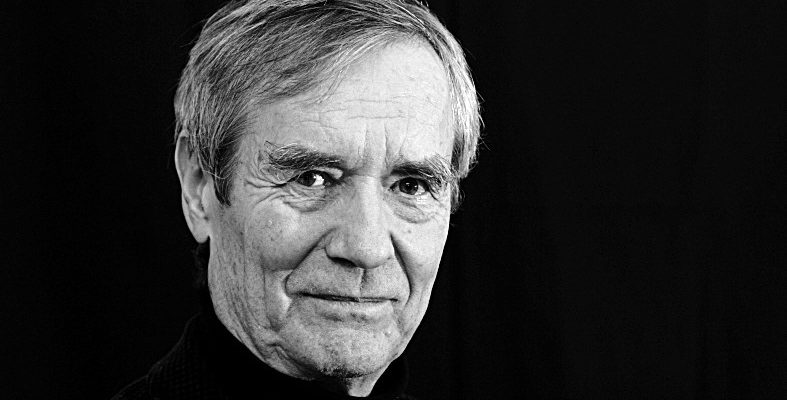Hermann Kurzke wrote the most beautiful and interesting biography of Thomas Mann. His book has an original structure, it alternates between chronological and thematic chapters, and it combines narrative with systematic discussions. In both forms it is written equally transparently and excitingly. Thomas Mann’s work not as a reflection of life, but as compensation, as the product of a lifelong renunciation of instincts that diverted energy from life in order to build great cathedrals of humor, love and longing from a minimum of experience: that was Kurzke’s theme.
This gifted philologist was not a shallow psychologist, but rather a fine worker on the text. Kurzke’s monumental commentary on the “Considerations of an Apolitical Man” led deep into the undergrowth of the heterogeneous sources that Mann assembled in his “higher copying”. So the “Considerations” became visible as a book that was secretly not so conservative, and that it already contained the later development towards democracy.
Kurzke, born in 1943, was also a Catholic theologian, Romantic researcher and passionate connoisseur of German-language hymns, as well as a comprehensively oriented intellectual who worked in the Frankfurter Allgemeine Zeitung wrote a regular magazine review for years.
This range made him a sensitive, nervous reader who did not leave his heroes disembodied in the pure spirit conversation among other greats, as is particularly a bad habit in research on Thomas Mann, which describes his homoeroticism as “Achilles’ heel” (Dieter Borchmeyer). pushed aside and then only talk about Schopenhauer or Wagner. In his biography, Kurzke talks about the infatuations that shaped his life, and he was not above describing smoking as an integral part of this highly disciplined existence.
Conversely, he was able to capture the religiosity of the materialist Georg Büchner in a major biography. The tension between the physical and the spiritual, which Kurzke repeatedly demonstrated, may have arisen from his unobtrusive catholicity: the word became flesh, sinful and merciful, even in literature. On February 18th, the philanthropic German scholar Hermann Kurzke died at the age of 81 in Mainz, where he held a professorship for decades.

